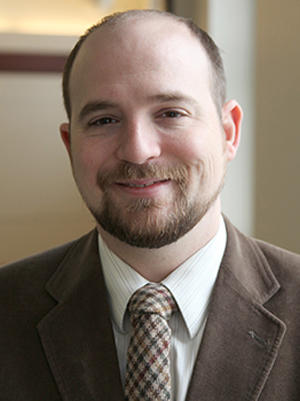The Doctor of Education program at Utah State University is a 46 credit hour program oriented to professionals and practitioners and designed to prepare educators for the application of appropriate and specific practices, the generation of new knowledge, and for the stewardship of the profession. As a professional doctorate for practitioners, the Doctor of Education (Ed.D.) equips educators with the tools to implement tangible changes within their professional environments, enhancing educational outcomes. This is achieved through scholarly inquiry and rigorous research methodologies, which are employed to identify, examine, and address obstacles to success within their areas of influence.
Utah State University is a member of the Carnegie Project on the Education Doctorate, an organization dedicated to distinguishing the Ed.D. from a Ph.D. With this framework, faculty have developed the Ed.D. program to emphasize a focused research and development agenda to test, refine, and validate a program that aligns with core principles for a professional doctorate in education. This doctoral program is centered around key values of equity, ethics, and social justice, aiming to address intricate challenges in practice. Moreover, we are dedicated to preparing leaders capable of creating and implementing knowledge to enact positive change in the lives of individuals, families, organizations, and communities.
Doctoral candidates are offered opportunities to cultivate collaboration and communication skills in diverse settings and to form partnerships. The Ed.D. program focuses on analyzing real-world problems using various perspectives to create meaningful solutions. Additionally, doctoral students are provided the opportunity to develop a professional knowledge base that merges practical and research-based knowledge, linking theory with comprehensive inquiry. Emphasizing the creation, transformation, and utilization of professional knowledge and practice, this program stands on the principles of systemic and systematic inquiry.
Admitted students will work with a faculty member to select courses best aligned to their research interests and work towards completing the doctoral capstone project. Typically, Ed.D. students can complete the 46 credits of coursework in 3 years inclusive of the doctoral capstone project of 6 credits. However, students may take longer than a year to complete the capstone project.
The doctoral capstone project centers around research with a practical impact, aiming to leverage scholarly inquiry for the betterment of educational or professional contexts. In contrast to traditional dissertations that typically focus on investigating and analyzing educational issues or phenomena to contribute to the scholarly literature, a doctoral capstone project seeks to drive direct improvements in practice. Consequently, many doctoral capstone projects employ applied research approaches like content analysis, program evaluation, discourse analysis, action research, and improvement science.
The Carnagie Project on the Education Doctorate Website
Application Requirements
The application deadline for the TEAL Doctoral Program is February 1. The application process does not begin without the $55 application fee. Once the fee is paid, it takes 4-6 weeks for all materials to be processed. All materials must be submitted by February 1st for full consideration.
After February 1, TEAL doctoral applications are initially reviewed for completeness. Then, TEAL graduate faculty review the applications and make recommendations to the Director of Graduate Programs. Typically, applicants will receive notice of their acceptance status before April.
A competitive application file should meet or exceed the 6-step application requirements, including evidence of at least two years of experience in education and having completed a Master's in Education or closely related field (e.g., Instructional Technology and Learning Sciences).
- Evidence of at least two years of experience in education
- A master's degree in education or closely related field (e.g., Instructional Technology and Learning Sciences).
- Three letters of recommendation
- Transcripts from all institutions of higher education
- Current curriculum vitae or resume
- Statement of Purpose
Statement of purpose guidelines
- Briefly introduce yourself and state your professional goals and current professional status. Why do you want to attain a doctoral degree?
- State your academic interests. Particularly, state which course cluster you are most interested in between cultural studies, leadership, literacy, mathematics, or science. Course clusters are listed in the planning guide. Identify three USU graduate faculty members you think align with and might be able to support your research interests? Specify which of our graduate faculty members we might assign as your initial advisor.
- State a problem of practice that you are interested in focusing on during your doctoral program. What is a problem of practice that your research will contribute to the field? A problem of practice refers to an educational challenge recognized by a school or school district, which centers on the instructional core, is readily observable, can be acted upon, and links to a larger improvement strategy.
Program Director
Program Coordinator



